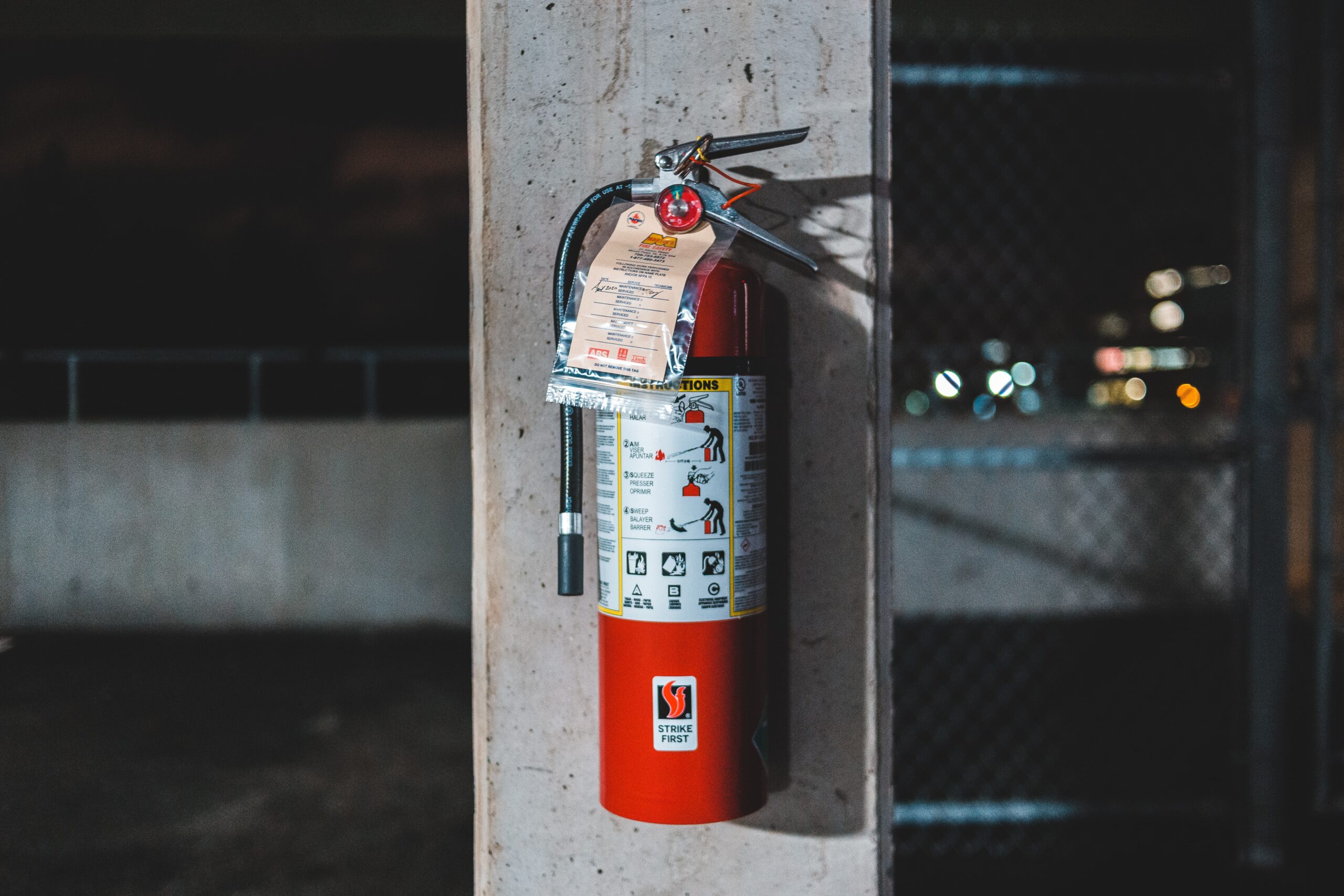
Air conditioning is a fundamental part of any building. Whether it is our home or workplace, we cherish our AC in the warm summer months. But how exactly does this brilliant piece of technology work? This guide shows you an overview of the cooling process most ACs utilise. Then we’ll take you through a crash course on AC types so you can better understand which system is suitable for you and your air cooling needs. Get to grips with AC and know what each system has to offer before you get an air conditioning installation.
How Air Conditioning Systems Work
Air conditioners work by taking in air from your home through vents. This air then passes over an evaporator coil which cools the air by absorbing the heat. The cooling process occurs in the AC system’s condenser – the outdoor unit. A fan blows the remaining cool air into your home while the warm air is expelled outside.
Types Of Air-Conditioning Systems
The way air is collected and distributed varies depending on the type of air-conditioning system. There is a broad selection of AC system types catering to all kinds of buildings, requirements and budgets.
We have outlined and explained how each of these systems works below.

Central Air Conditioner
Central air-conditioning systems take in air from your home and cool it by releasing hot air outside. The cooled air is then distributed throughout the building using d
ucts. This system creates a more even temperature throughout the home. Central air-conditioning systems typically consist of an indoor and an outdoor unit. There are exceptions to this that we will discuss next.
Packaged Air Conditioners
Packaged air conditioners are a type of central air-conditioning. However, they differ from other AC types. Whilst most other AC systems use multiple units, Packaged ACs are two-in-one. Packaged systems are only located outside the building instead of using an indoor and an outdoor unit.
Ductless Air-Conditioning
The other style of air conditioner, ductless air-conditioning, cools a single room. A ductless AC system is made up of an indoor unit and an outdoor unit. It is possible to cool several rooms with a ductless system. Each room will require an indoor unit. You can have up to five indoor units that work with a single outdoor unit.
Ductless Multi-Split AC Systems
Ductless multi-split air-conditioning systems connect up to five indoor and one outdoor unit. They are an excellent choice for buildings without ductwork. Although the upfront cost of the additional units can be more expensive, in the long term, they may save you money as they are typically more energy efficient.
Ductless Mini-Split Air-conditioning
Mini-Split air-conditioning systems work like multi-split units. However, where a multi-split system has a 5:1 ratio of indoor to outdoor units, mini-split are 1:1. The cool air is pumped into the one room where the indoor unit is located. Ductless units can be installed in the wall providing better airflow. Or they can be installed in the ground. This reduces airflow, but you will notice the effects more quickly.
Window Air Conditioner
Window air-conditioning, like central air-conditioning units, is often installed half inside and half outside. They are used to cool a single room. Generally, they are inexpensive, although they do have a few drawbacks. They can be noisy and are often not the most aesthetically pleasing.
Dual Fuel System
An alternative to air-conditioning, dual fuel systems provide a heating and cooling solution. Instead of an air conditioner, they use a heat pump and a furnace. A heat pump system can both heat and cool.
The Benefits Of Air-Conditioning
In addition to keeping your home or office at a comfortable temperature, AC offers a few extra perks. For example, a good AC system can also improve air quality. The reduction in humidity is also a great benefit. Less humidity has the additional effect of reducing mould growth. As mould poses many potential health risks, this cannot be understated as one of the many additional benefits of good air-conditioning. The cooler, dryer atmosphere is also less appealing to many insects, so your AC could even prevent ants from wandering into your home.
The benefits of AC will depend on a few things. The type of system you install and its suitability for your property and goals will be the most significant factors. This will also affect any potential drawbacks such as noise pollution. A cheap system may feel like a great idea, but the noise may outweigh the savings.
Air conditioners come in many shapes and sizes. The broad selection of systems has something for everyone and buildings of all types. With the right system, any building can benefit from cooler, cleaner air and enjoy AC’s many benefits.




